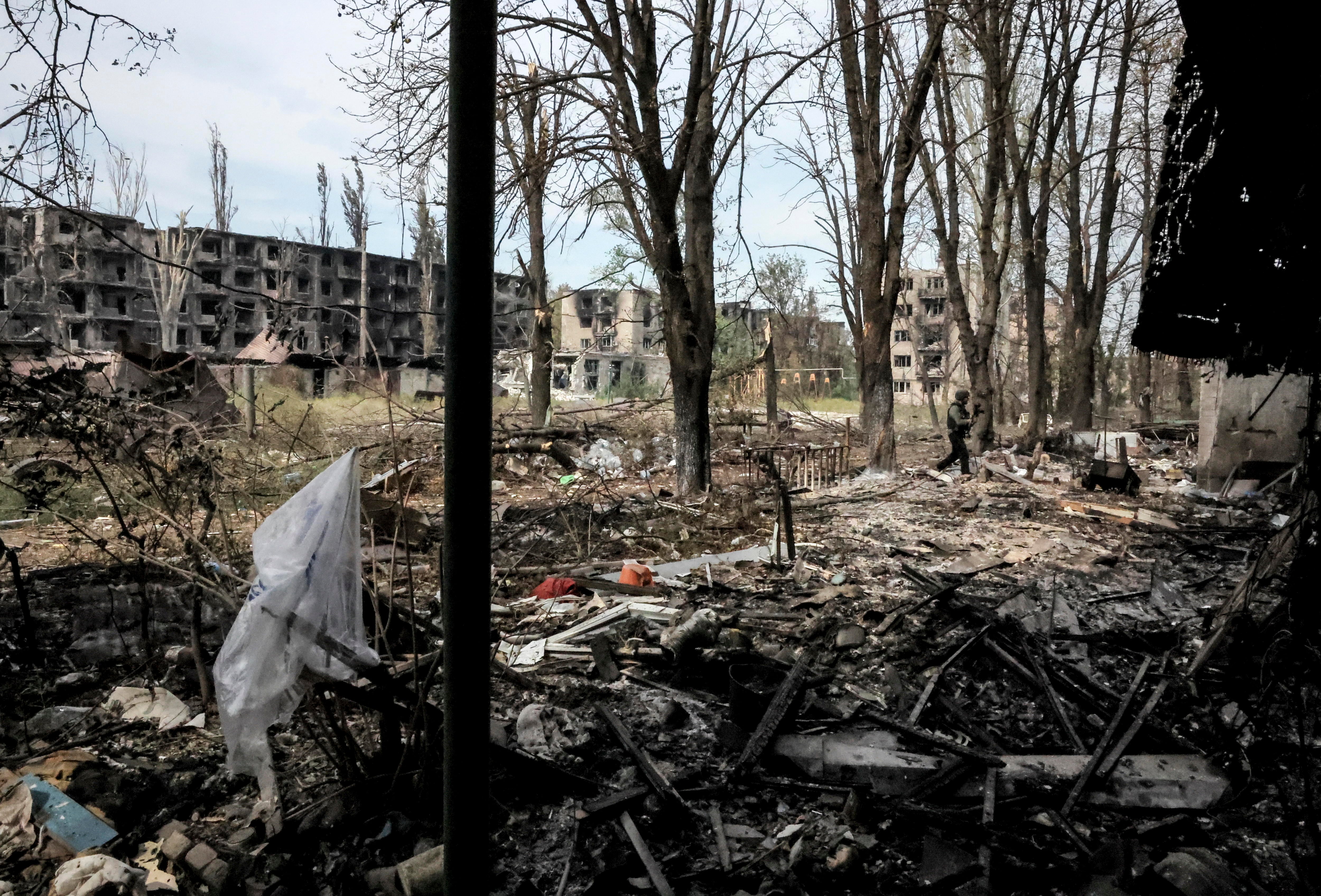California likes to brand itself as a leader among state governments. Unfortunately, the example it is setting on regulating artificial intelligence – best shown in recent actions of the California Privacy Protection Agency (CPPA) – is one of warning: how not to manage a new, transformative industry.
While the state legislature deliberates approximately 50 AI-related bills, the CPPA – and its appointed, as opposed to elected, officials – is formalizing its own, broad regulatory proposals, many in conflict with the legislature’s bills. But the most troubling issues of the CPPA’s process are happening in-house.
Because it is important that regulations are not just clear – so that businesses, non-profits, and others can comply – but that they are first known to all parts of California’s economy, especially its small businesses, the CPPA just concluded an attempt at outreach and education through its stakeholder sessions.
Because only three of these sessions were conducted, however, the effort felt more like checking a box than fully communicating a deeply complex issue. Participants for, against, and undecided on the regulations could all have had the same ask: more stakeholder sessions.
The size of this issue (lack of awareness) is quantified by the CPPA’s own polling – conducted in English, Spanish, and Mandarin – which found that only 32% of Californians are even aware of the agency and why they exist. It is fair to assume that far fewer know the details of the regulations in question.
The power and potential of AI are too important not to regulate inclusively and carefully. Toward that goal we have three, preliminary suggestions.
First, four additional stakeholder sessions, for a total of seven, should be conducted in-person, with online access made available. The CPPA should notify the public of each additional meeting well ahead of time so that input can be planned and carefully prepared.
Second, these meetings should be located thoughtfully—to capture the perspectives of all Californians, especially those from rural and neglected communities. The previous sessions in Los Angeles, Fresno, and Sacramento are a good start, not a complete effort.
Third, at least two (of five) CPPA board members should be present at each additional meeting, to prove the agency’s commitment to this subject and its stakeholders. The public’s perspectives are more likely to actually inform rulemaking if heard first-hand by board members, whose attendance would prove that input is in fact a priority.
Related Articles
Broadening the base: How Trump can secure swing voters and win the 2024 election
Proposed internet tax would hurt small businesses across California
Our ruling class is an anti-family cabal
American voters deserve the truth about President Biden’s fitness to be president
Senate Bill 1047 will crush AI innovation in California
Zooming out, consider how such a level of engagement would provide critical information not just for the CPPA’s purposes, but for businesses as they prepare for compliance, and for the legislature and the governor as each develops policies that will touch nearly every part of our economy.
Some agencies risk developing into mini-empires, not the public’s facilitators. The governor’s vision of an “ethical, transparent, and trustworthy AI” requires that its development genuinely involves all stakeholders—all Californians. In that effort, the CPPA is obligated to fully engage the public. There is too much at stake to allow anything less.
Paul Granillo is president and CEO of the Inland Empire Economic Partnership.

























